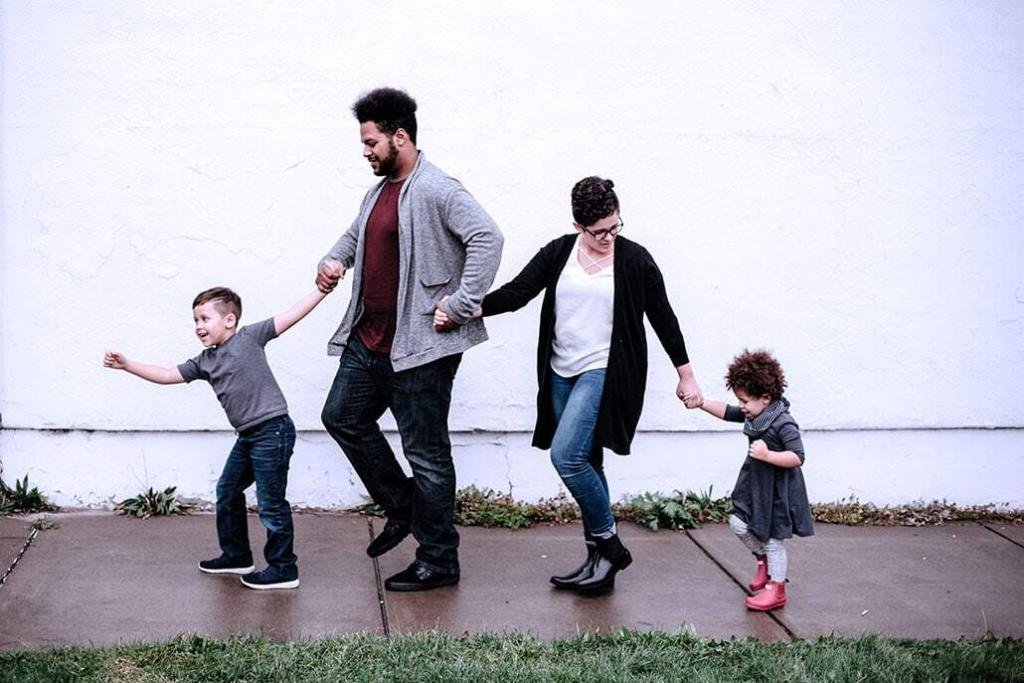Consumer Proposals vs. Bankruptcy
When it comes to making important decisions about your financial future, knowing and understanding your options can make all the difference. Bankruptcy, for instance, is not the only option when facing financial hardship.
At Hudson & Company, we explore all alternatives to find a debt solution that is custom-tailored to your needs. In this article, we break down what bankruptcy is, and what it is not. If you would like to know what the difference is between a consumer proposal and debt consolidation, we have your answers here.
Considering your options? Get professional advice with a free and confidential phone call!

Consumer proposals are the number one debt relief solution in Canada. A proposal is a legally binding agreement that offers creditor protection and allows you to repay your debts at a much lower rate over a longer period of time. A proposal is only legally recognized if it is filed by a Licensed Insolvency Trustee. While the trustee negotiates with creditors on your behalf, your payments are determined why what you can financially afford and the details of your particular circumstances. Your offer is accepted by creditors based on a majority vote.
Bankruptcy is typically a last resort, but life does not always go as planned, and it is important to have a trained professional to help you through the process. Filing for bankruptcy will take action to clear your debts and provide protection from creditors. Bankruptcy will eliminate your debts through the surrender of your assets in exchange for debt freedom. This solution is also fast acting – a person filing for the first time will likely be absolved from their debts within 9 months. In cases of repeat filing or high-income status, it may take up to a maximum of 21 months to clear debts.
Should I consider a Consumer Proposal?
Are you unable to make your monthly debt payments in full? Do you owe $250,000 or less, excluding an unsecured home mortgage and personal vehicle? Would you have the ability to pay a portion of your debts if the payments were lower? If so, a consumer proposal might offer an alternative to bankruptcy.
Consumer proposals guarantee that:
- Your fixed monthly payments are based on what you can afford.
- You will not be required to surrender tax credit/refund(s).
- You get to keep your assets.
- You are guaranteed creditor protection.
A consumer proposal can be a life-changing alternative to bankruptcy for the right person. For others, bankruptcy may make more sense. It is important for a person facing financial difficulty to understand how both debt plans work, so they can make an informed decision.
What are the different criteria?
- According to the laws of bankruptcy, any person that owes $1,000 or more and is unable to make their scheduled repayments can apply for bankruptcy. Once the application process is complete, bankruptcy will take immediate effect, and you receive creditor protection.
- According to the laws of filing for a consumer proposal, that person’s debt cannot be greater than $250,000, not including a personal vehicle or home mortgage. In order to qualify, that person much also be financially able to pay a portion of what they owe. It may only be 30%, but they must be able to make some sort of settlement with their creditors. The proposal must be filed by a Licensed Insolvency Trustee, who will also negotiate with creditors on your behalf. The proposal is either accepted or rejected by a vote of creditors. The proposal is legally binding on all creditors.
What are the differences in debt resolution?
- When a person declares for bankruptcy, they are choosing to surrender their assets as currency to eliminate their outstanding debts. Individuals with higher incomes may also be required to make surplus payments. Increased income can result in increased payments.
- In most cases you will pay less than you owe with a consumer proposal – often up to 70% less. Your multiple debts will also be consolidated into a simple monthly payment. This number will be based on what you can afford.
How do the terms and conditions compare?
- On the one hand, if you are looking for a fast-acting debt solution, bankruptcy may be your best course of action. The average Albertan filing for bankruptcy for the first time will be able to clear their debts in 9 months or less. There is a chance that your bankruptcy could last as long as 21 months – this is more common with persons who have a high income.
- On the other hand, if you would rather repay what you owe over an extended period of time, a consumer proposal gives up to 5 years to clear debts. This also means that monthly payments will be much lower. For many people, this is the most affordable course of action.
Comparing asset allocation?
- Bankruptcy essentially allows you to use your assets as currency to pay debts. You are generally allowed to keep minor assets such as household items and a personal vehicle.
- A consumer proposal will have no effect on your assets.
What about my income?
- In the case of bankruptcy, a higher income typically means that additional payments must be made towards debts, and they can increase if your income rises.
- Agreed upon payments for a consumer proposal are fixed. Any changes to income will not impact your payments.
What are the differences in credit rating?
- A person who declares bankruptcy will receive “R9” status – this is the lowest credit rating and it will remain on their report for 7 to 14 years.
- A person who files a consumer proposal will receive an “R7” rating which is less severe – it will remain on their report for up to 8 years in total, from the time of filing.
What are the differences in obligations?
- Bankruptcy requires monthly reports of personal finances. This includes pay stubs from their employer and all monthly expenses. A trustee will review this information on a monthly basis to determine if surplus payments should be made.
- Agreed upon payments for consumer proposals are fixed, so there is no need for monthly reports.
Any resident of Canada who files for bankruptcy or a consumer proposal must attend two sessions of credit counselling.
What about taxes?
- An individual who declares bankruptcy will be unable to claim tax refunds/credits.
- An individual who files a consumer proposal has the full legal right to all tax refunds/credits.
While there are many key differences between consumer proposals and bankruptcy, they both guarantee debt resolution and creditor protection. A licensed professional will help you navigate the intricacies of each option and your own circumstances to find the right path towards achieving debt freedom.
Could ‘debt settlement’ be the answer?
Debt settlement is a broad term and can mean many different things. Bankruptcy and consumer proposals could be considered forms of debt settlement. In most cases, however, agencies offering debt solutions will advertise ‘debt settlement’ plans. These companies often promise the world but deliver poor results.
To begin with, these agencies simply cannot guarantee that your settlement will be accepted. Because these services are not rendered by Licensed Insolvency Trustees, their employees are not able to guarantee creditor protection from collection calls, wage garnishment, or aggressive legal action. Because most agencies will advise you to stop making your scheduled payments and it can be several months to years before they approach your creditors with a settlement offer, this means you will be hounded by creditors. The process can take several years, and there are often hidden service costs. These agencies will typically not make contact with your creditors until a significant amount of money is accumulated. As a result, it offers a rather unsettling form of debt settlement.
Should I consolidate my debts?
A consumer proposal will consolidate your debts. But, debt consolidation in the traditional sense will gather your debts together into a single loan. A single monthly payment simplifies your life. In most cases, your interest rate will also be lower with a loan.
Advantages of this debt management plan include the fact that:
- Your credit will remain in good standing as long as you make all your payments.
- You maintain positive creditor relationships.
Disadvantages of debt consolidation can include the fact that:
- You may not qualify for the loan.
- You may not be financially able to afford the high monthly payment.
- You will still have to pay interest, and that amount depends on your credit standing.
Debt consolidation is a good debt management plan for some people, but it does not guarantee debt freedom. You will still be in debt and paying interest. You are also at risk of losing any assets you might have leveraged to obtain your loan.
Get out of debt and back on track today!
At Hudson & Company, our licensed professionals can put you on the path towards becoming debt free. Your first appointment is free, and our caring team is well-equipped to answer your questions. We have three convenient locations across Calgary and are proud to have helped thousands of Albertans achieve a better financial future. Call 1.403.265.4357 to get started!


